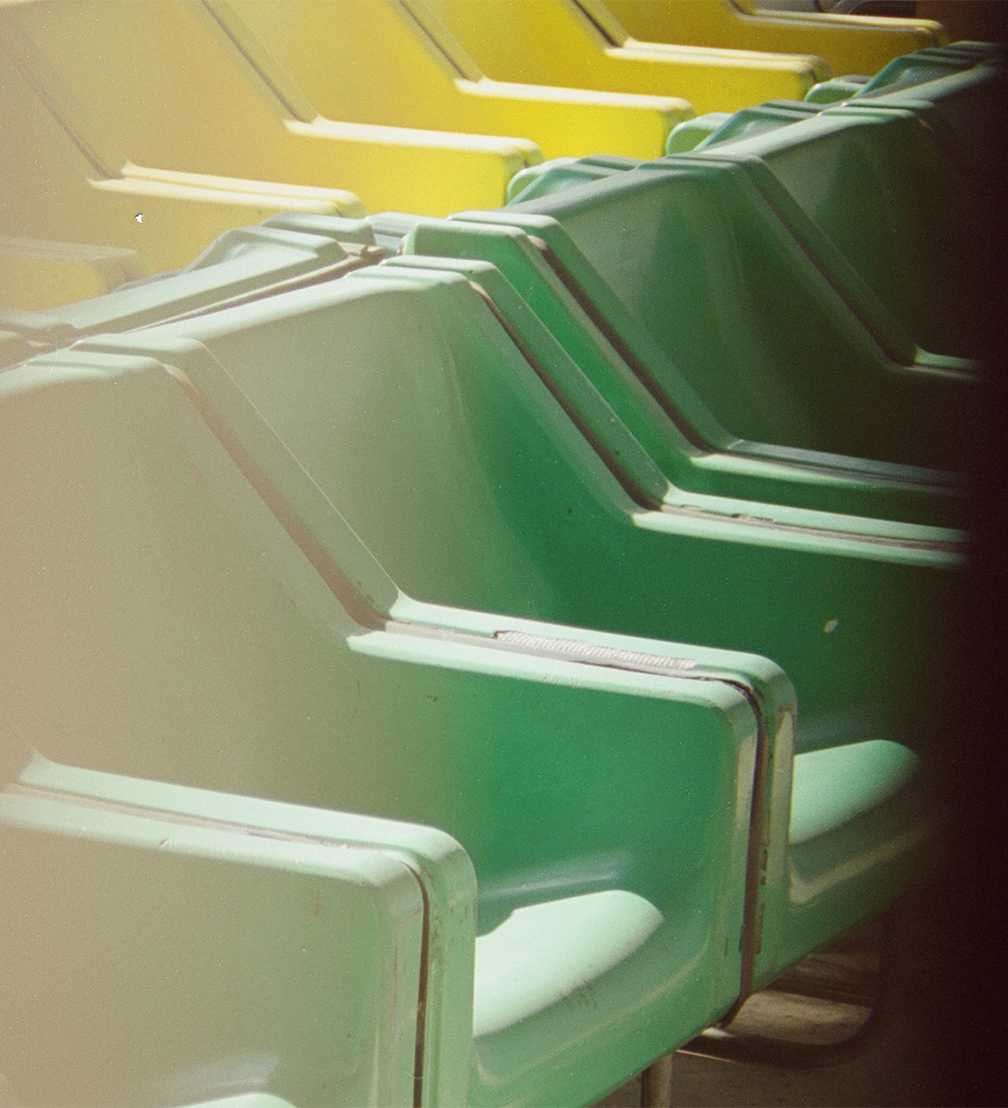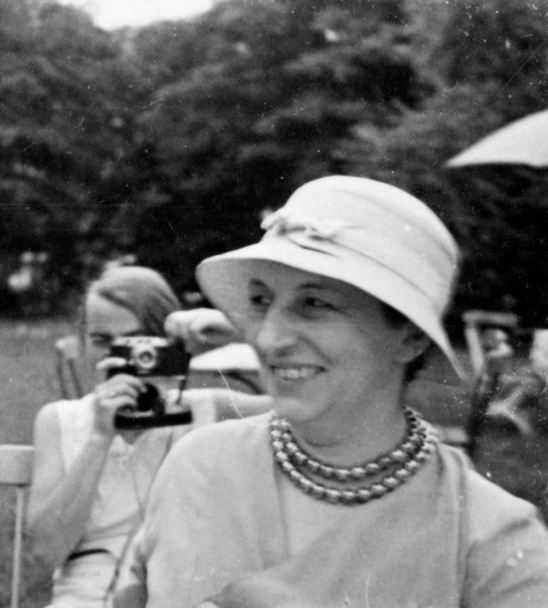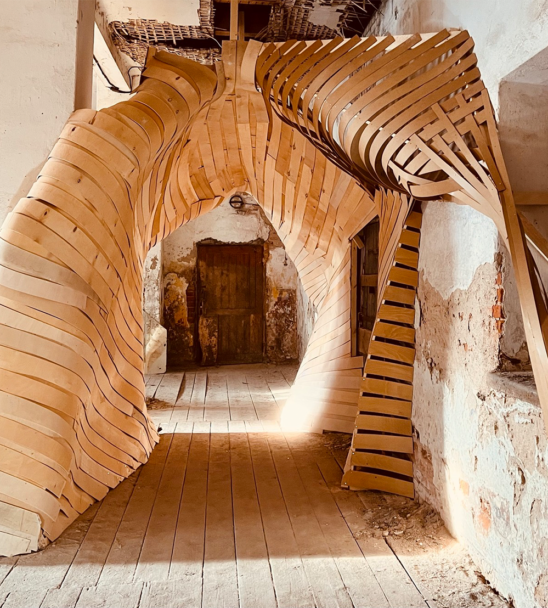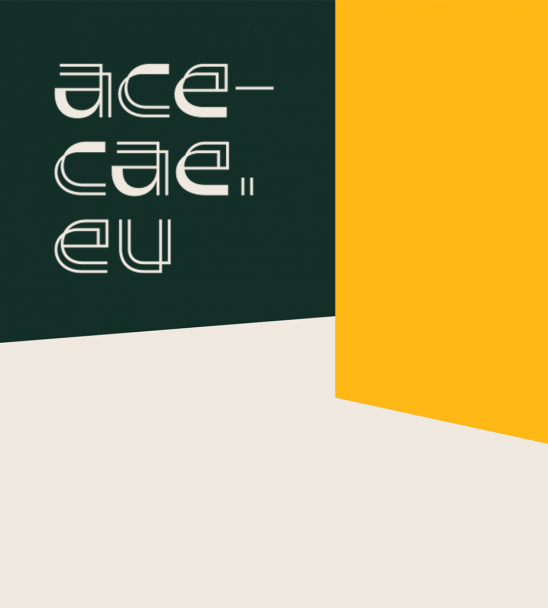
On January 31, the ISSP Gallery will host a series of lectures and discussions that will introduce the artistic research project Baltic Lines. The project addresses issues of urban transformation and identity in the Baltic region in the context of the Rail Baltica project. The event will provide an insight into the research practices of two Baltic Lines participants, Matthias Malk and Gustavs Grasis, followed by a time for questions and discussion.
Baltic Lines is an artistic research network exploring the Rail Baltica railway infrastructure megaproject, which aims to integrate the Baltic States into the European rail network. The project involves ten artists–researchers from Latvia, Lithuania, Estonia, Finland, and Sweden, who will focus on themes such as the concept of the Baltic region, archiving as a political practice, and documenting megaprojects.
In 2017, the United Nations officially classified all three Baltic States as Northern European countries, marking an important stepping stone in the transition from belonging to Eastern Europe. With an underwater tunnel connecting Tallinn and Helsinki in the north and a southern rail crossing through Warsaw, Rail Baltica, as an essential infrastructure link between Northern and Central Europe, forms a complex framework for artistic exploration, reflecting on the region’s integration into the fabric of European identity and mobility. The Baltic Lines project seeks to consider the Baltic States in the context of Northern Europe, viewing the Rail Baltica infrastructure as a metaphorical research prism to delve into the social, cultural, historical, and geopolitical dimensions. These approaches will also be linked to critical pedagogy, inviting participants to actively shape and share the research process and its results.
Baltic Lines Talks #1
The first event of the project, Baltic Lines Talks #1, will take place on January 31 at 10:00 at the ISSP Gallery. Mattias Malk (Estonian Academy of Arts) will present his PhD research on the planning of Rail Baltic through case studies across urban, regional, and international scales. His thesis work tries to understand how to plan megaproject transport infrastructures so that they also enhance, not frustrate, the urban environment locally. How can hard infrastructures double as social places? What are the expectations around Rail Baltic, who dreams them up, and why? And how does «balticness» factor into the potential success or failure of Rail Baltic?
Gustavs Grasis, an architecture student at RISEBA FAD, will share his research experience on post-war and post-modern architecture in Latvia, focusing on methodology and challenges and highlighting the creative collaboration between architect Aivars Bērziņš and designer Andris Grīnvalds as an example. Gustavs is working towards a framework for research-based design practice that engages with facets of regional architectural and vernacular heritage. He is also an alumnus of the ISSP Mentorship programme, producing and curating photo documentation of brick structures in Latvia.
The event will be held in English. Admission is free, but places are limited. Please register in advance.
This summer, Baltic Lines is planning an artist-researcher residency at the VARES Architecture Residency in Valga, and in autumn, the exhibition will open at the In The Closet Gallery in Vilnius. You can follow Baltic Lines on Instagram and Facebook.
The initiators of the project are Diāna Mikāne and Paula Veidenbauma. Artists–researchers: Mattias Malk (Estonia), Eglė Šimėnaitė (Lithuania), Valtteri Alanen (Finland), Sofie Lucia Maria Carlson (Sweden), Katariin Mudist (Estonia), Kamilė Vasiliauskaitė (Lithuania), Aistė Gaidilionytė (Lithuania), Gustavs Grasis (Latvia), Diāna Mikāne (Latvia), Paula Veidenbauma (Latvia). Partners: ISSP, VARES, In The Closet. Baltic Lines project is financially supported by the Nordic Culture Point.




Viedokļi